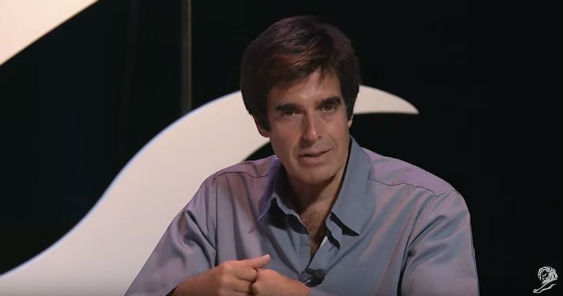ASIA-PACIFIC – AUGUST 17, 2012: Tata Motors Limited, an Indian multinational automotive corporation in Indonesia, has appointed McCann Worldgroup to support a corporate launch campaign in Indonesia which is slated to start in September 2012. The agency has been tasked to build Tata Motors into one of the leading brand names in market. The business was awarded to McCann Worldgroup after a competitive pitch against five multi-national networks and one local agency.
According to PT Tata Motors Indonesia president director Biswadev Sengupta, “Indonesia’s economy posted positive and consistent growth in the last eight years. And it is a growingmarket with loads of opportunities. We are looking at Indonesia very seriously, and we have long term plan for the market. Therefore we need a strong and reliable creative partner to support us entering the market.”
Tata Motors Limited is India’s largest automobile company, with consolidated revenues of US$ 32.5 billion in 2011-2012. In India, Tata Motors is the leader in commercial vehicles in each segment, and among the top three in passenger vehicles with winning products in the compact, midsize car and utility vehicle segments worldwide. It is the world’s fourth largest truck and bus manufacturer.
Commenting on the appointment, McCann Worldgroup Indonesia president director Berndt Soderbom said: “As a global agency with global brand handling experience, we are proud to be a strategic creative partner for global company and global brand, Tata Motors. It’s an exciting time to be operating in Indonesia, and we’re encouraged by Tata Motor’s decision to invest in this market, and entrust us with their brand.”




